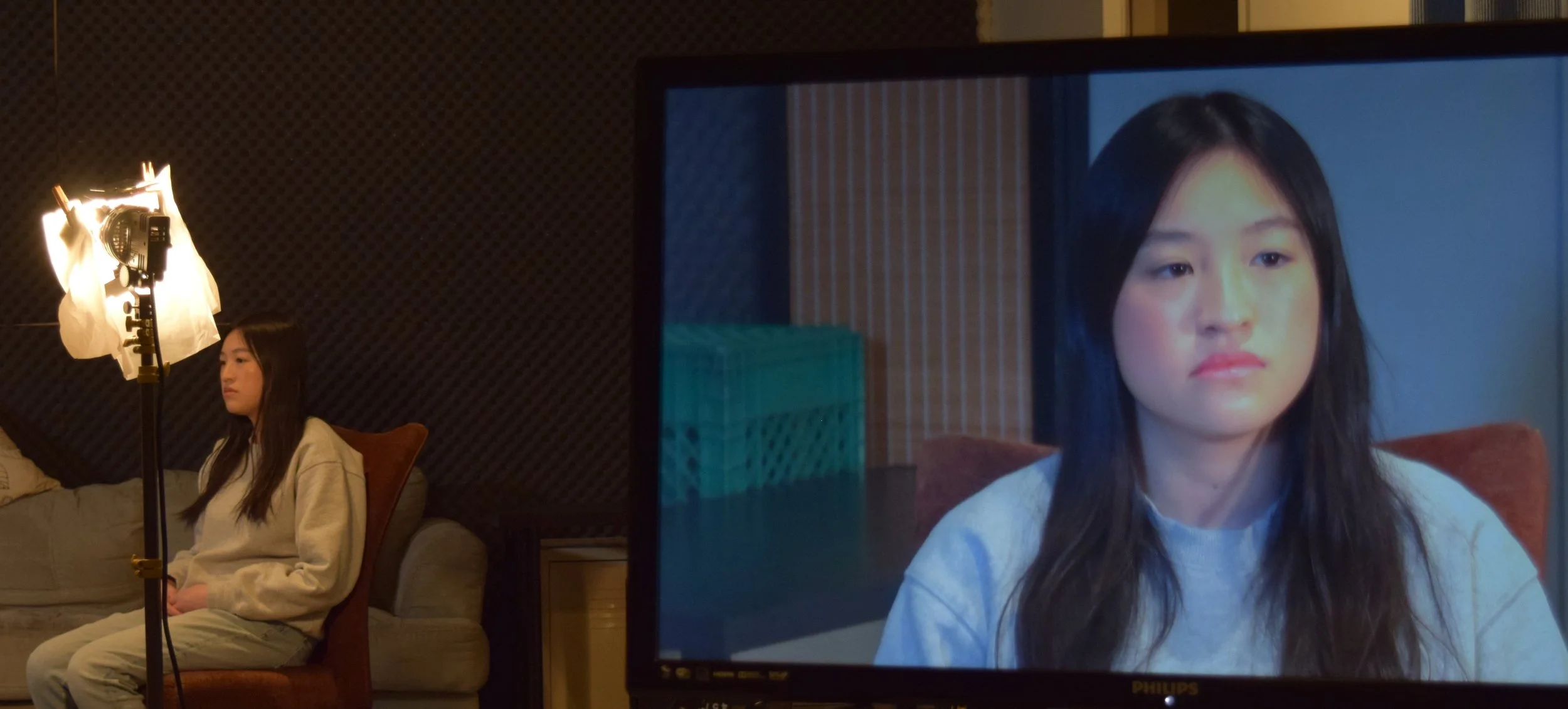Be a good student.
/The teacher and the student both have obligations.
In the actor training circles the actor-talk is generally focused on what the teacher was like and/or was it a good class.
Very seldom do the actors seriously discuss their own work and more importantly whether they fulfilled their responsibility.
Being a proper student is simply being a proper professional. The two are one and the same.
Class is a great opportunity to learn how to be professional.
If you are an emerging actor or an experienced one you must cross the bridge from the old attitudes you had as a student in public school over to new ones as a practicing professional.
If you are in class you must fulfil the minimum standards of being on time, prepared, having an opinion, working consciously and asking questions. If you aren’t doing that then the teacher cannot conduct the class as the dynamic is not achieved.
Here is the definition of dynamics: the forces or properties that stimulate growth, development, or change within a system or process.
You have to be one of those forces.
An acting class is not a service where you pay and expect to get good value for your money and then complain if you think you didn’t. That’s trouble.
If you’re going to class for a quick fix you’re also in trouble. If you’re going to class because you haven’t been booking work lately and you think by going back for one class you’ll start landing jobs - you’re in trouble.
Practicing should be part of your actor’s life. It shouldn’t be the be-all nor the end-all. You shouldn’t go trying to have a good class. More trouble.
Study and practice should be on-going. Make it part of your cycle – class, audition, shoot, class.
Actors from the theatre come to film and tv classes wanting to learn how to act for the camera. Great. But they often cling to their narrative of ‘I’m a theatre actor and camera is soooo different.’ More trouble.
Let your narratives go and do the work.
The proper acting teachers are modern ones having assimilated the works of the masters. They continue to try and meet the demands of the present. They fulfil their duties and obligations.
As a student you must ask questions. If the question is not appropriate the teacher will say so. Then you must ask another question. It too may be inappropriate and the teacher will say so. Then the actor must ask etc.…and on and on the training goes.
Just because you ask a question doesn’t mean you’ll get an answer.
The student must keep trying. The teacher keeps encouraging, critiquing, aiding, advising and clarifying. That’s the back and forth.
It is an organic relationship with two equal parts even though the teacher has the authority.
It takes two to tango.
There is no moral issue here of what a good student is and it certainly isn’t about fulfilling Victorian ideas such as:
Students must stand up to answer questions and wait for permission to speak.
Students must call teachers “Sir” or “Miss” or “Madame”
Students must stand when an adult enters the room.
Students must not put their hands up unless told they can do so.
Students must not ask questions.
Talking and fidgeting will be punished.
Students who are truant, behave badly or do poor work will be caned.
To be a good student just show up and practice consciously.








